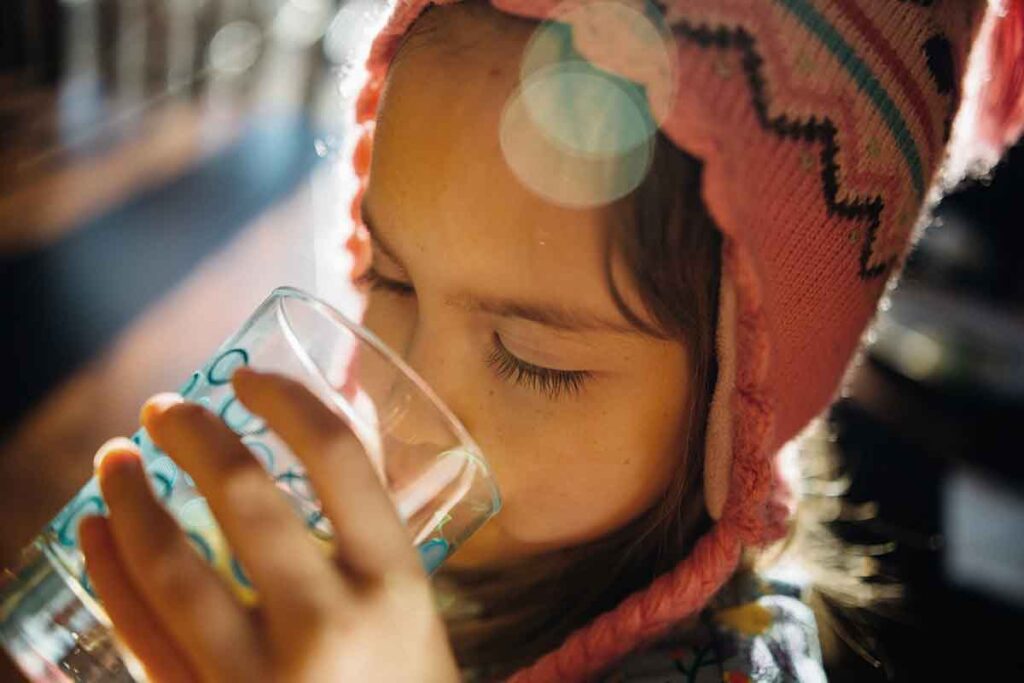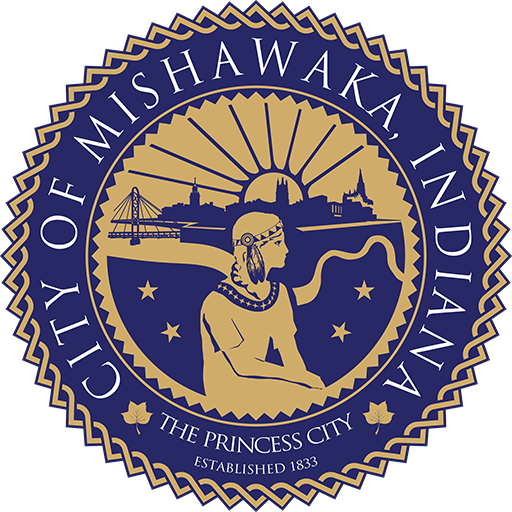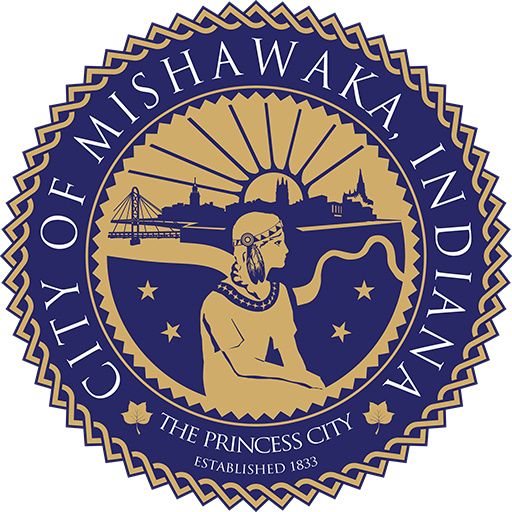Handling Wastewater
Treatment and Sewer Use
The subject of wastewater is one that many people avoid. But be assured Mishawaka Utilities Wastewater Treatment Division’s commitment to proper wastewater planning, implementation and management guarantees not only safer water supplies but several additional benefits for the residents of Mishawaka.
How can we help you?

About Us
Our Wastewater Division is responsible for the operation and maintenance of Mishawaka’s wastewater treatment plant. We are also responsible for certain aspects of the city’s sewer system, including maintenance of 28 remote lift stations, monitoring and reporting activity of 19 combined sewer overflow (CSO) structures, and the operation of the combined sewer overflow control program.
In addition, we operate the Biosolids Facility. Our Wastewater Division operates a full-service laboratory, providing process control testing and regulatory compliance analyses. The laboratory is also state-certified for drinking water analysis.
Our Wastewater Treatment effort is predominantly funded by the customers we serve.
Biosolids Information
Mishawaka has been issued a permit by IDEM (Indiana Department of Environmental Management) for land application of biosolids in the Indiana counties of St. Joseph, Marshall, LaPorte and Elkhart.
In this permit, specific requirements and limitations are outlined for the proper application, use and management of biosolids. Farmers who participate in the program receive the biosolids free of charge.
Approximately 77% of the biosolids applied to land in the United States are applied to agricultural land. This includes land used to grow food-chain crops such as corn and soybeans, land used to grow feed crops for animals, and land used for pasture. Nutrients in these materials help the crops to grow.
Biosolids and industrial waste products applied to trees or forest soils improve tree growth. The nutrients in these materials help to increase the rate at which trees grow, thus shortening wood production cycles.
Biosolids and industrial waste products also are used to help reclaim barren lands such as mines, landfills, quarries, gravel pits and construction sites. Biosolids provide nutrients and condition the soil so vegetation can grow on the reclaimed land. Vegetation reduces soil erosion and helps make the land productive again.
Standards for Land Application of Biosolids and Industrial Waste Products
- Indiana’s requirements for land application of biosolids and industrial waste products are presented in 327 Indiana Administrative Code (IAC) Article 6.1:
Land Application of Biosolid, Industrial Waste Products and Pollutant-Bearing Water. - Federal regulations for land application of biosolids are found in 40 Code of Federal Regulations (CFR) Part 503:
Standards for the Use and Disposal of Sewage Sludge - Land application of industrial waste products are found in 40 Code of Federal Regulations (CFR) Part 257:
Criteria for Classification of Solid Waste Disposal Facilities and Practices.
Biosolids and industrial waste products that meet these standards, which are designed to protect human health and the environment, can be applied to the land.
For more information about the land application of biosolids and industrial waste products, feel free to contact the Mishawaka Wastewater Treatment Division.
CBOD5 25 mg/l
TSS 30 mg/l
Phosphorus 1.0 mg/l
The effluent must contain no more than 1.0 mg/l of phosphorus when the level of raw sewage is greater than 5.0 mg/l. Otherwise, a degree of reduction, as prescribed, must be achieved based on a monthly average of influent and effluent concentrations.
Phosphorus Level in Influent (mg/l) Required Removal (%)
greater than or equal to 4 80%
less than 4, greater than or equal to 3 75%
less than 3, greater than or equal to 2 70%
less than 2, greater than or equal to 1 65%
less than 1 60%
Ammonia
Summer 5.0 mg/l
Winter 10.6 mg/l
E.coli 125 colonies/100ml
Total Residual Chlorine 0.02 mg/l
(Daily Maximum) 0.04 mg/l
pH
Daily Minimum 6.0
Daily Maximum 9.0
Helpful Links

Wastewater
Division
1020 Lincolnway West
Mishawaka, IN 46544
Phone: (574) 258-1655
Fax: (574) 255-3557
Manager: Tim Brill
Monday – Friday, 7:00 am – 4:00 pm
